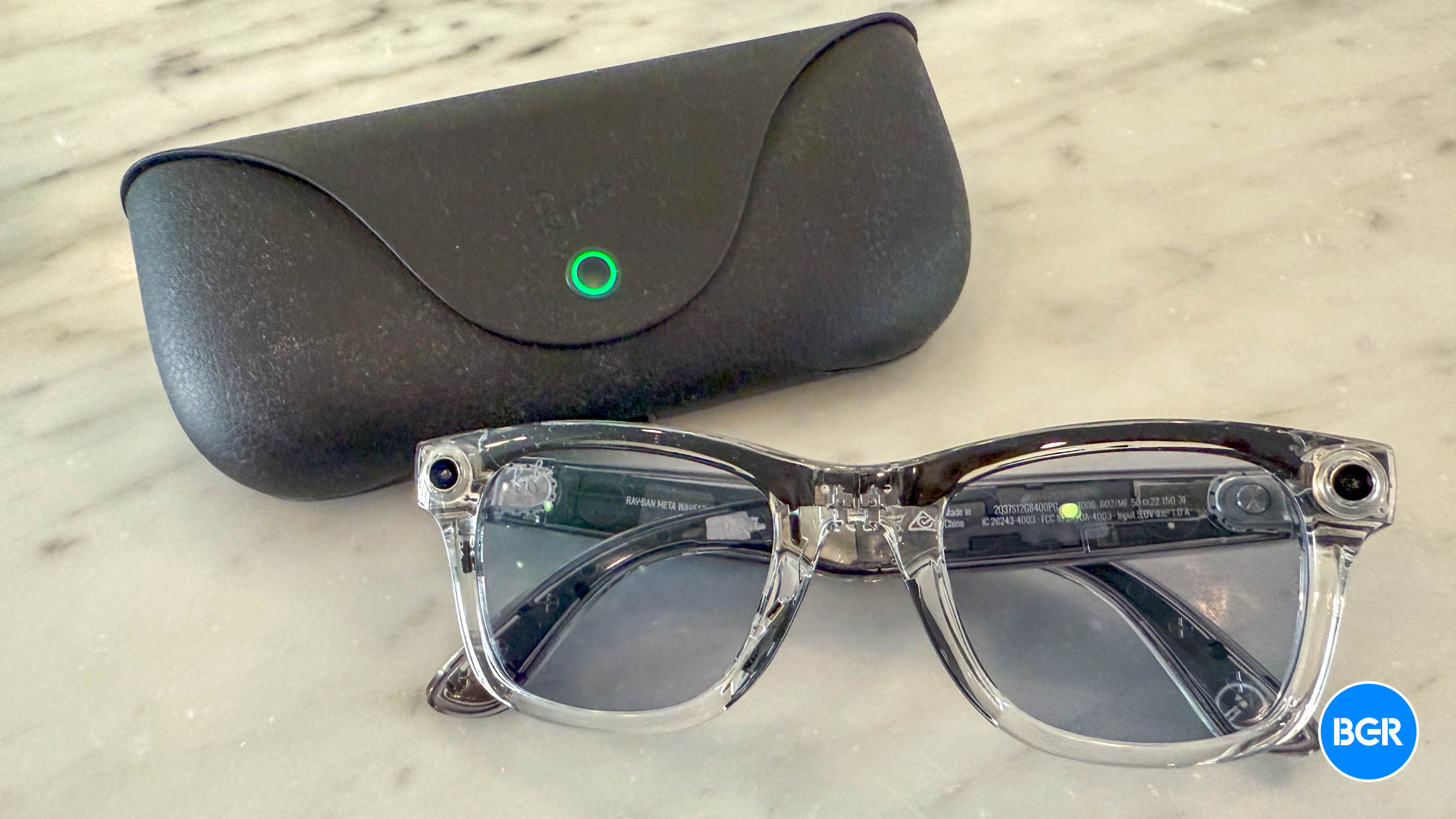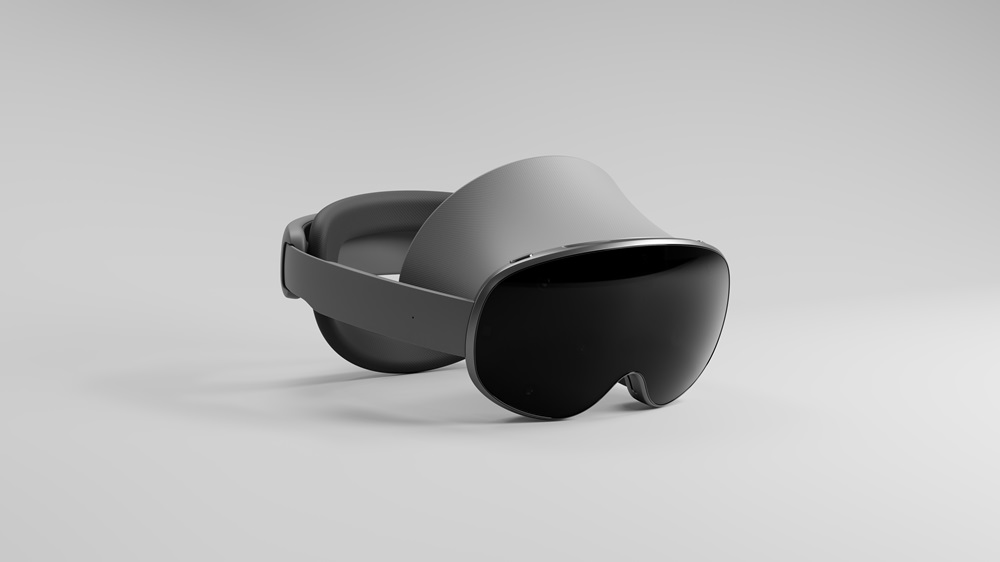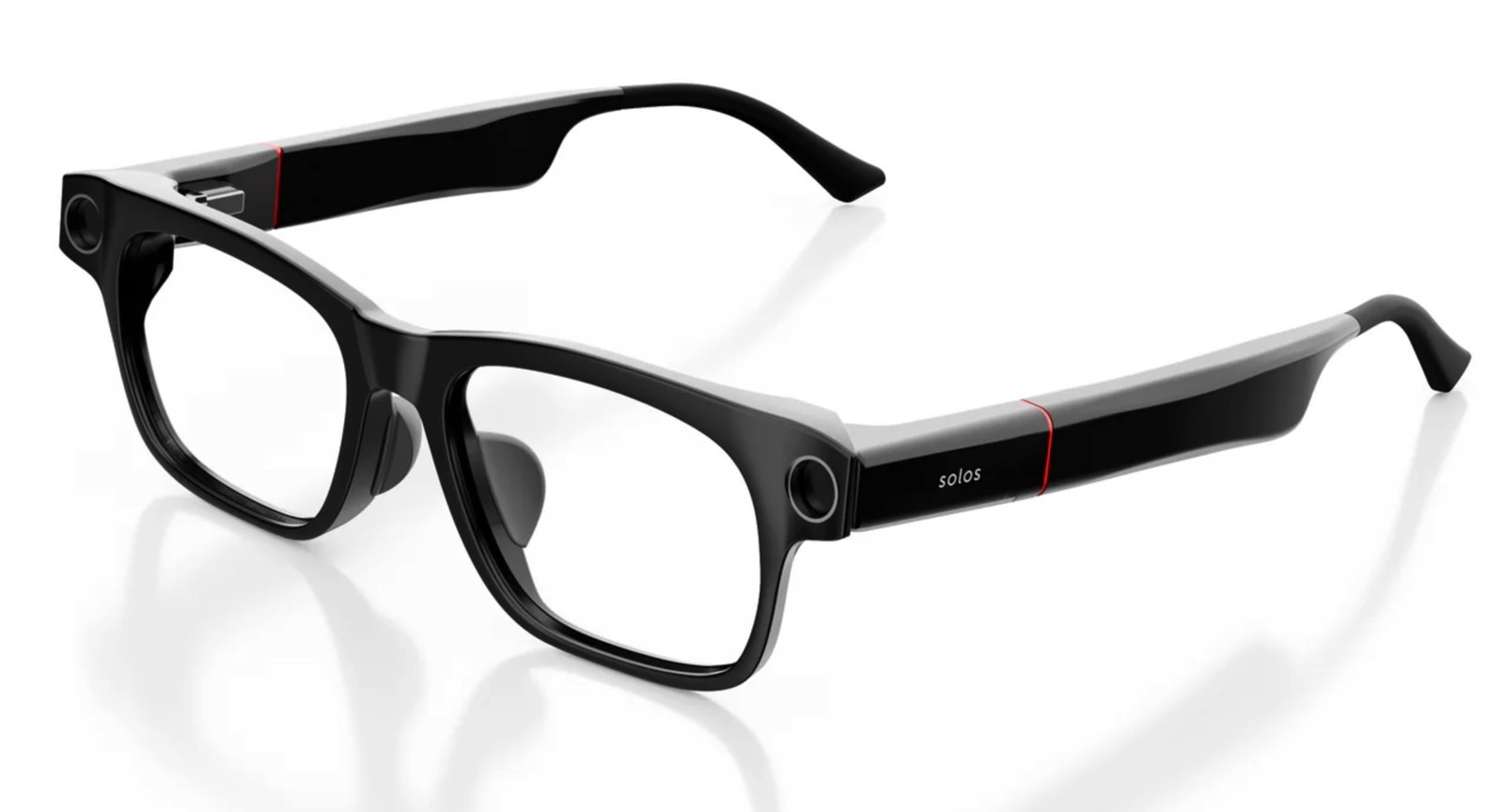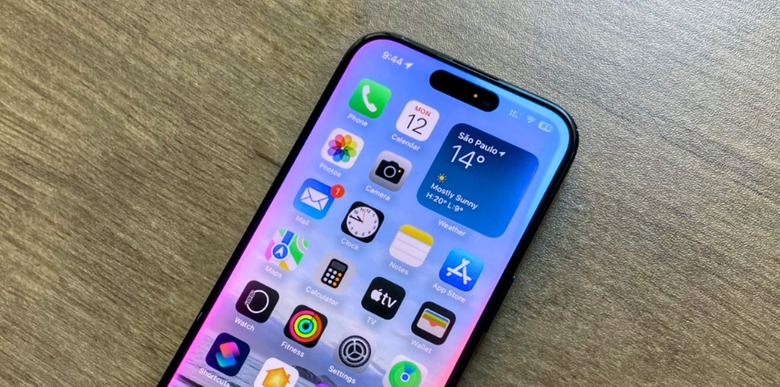Apple AR Glasses And AirPods With Cameras Are All About AI
The iPhone is Apple's most important Apple Intelligence product right now, but it's not the only one. The iPad and Mac also run Apple Intelligence, and the Vision Pro will probably get its AI features soon.
The iPhone won't be the best way to interact with Apple Intelligence, especially when you're away from home and the office. We're starting to see the AI product revolution just as the AI software gets better. Various accessories will make AI chatbots even more accessible and usable while giving them eyes and ears to see our surroundings, hear our voices, and see whatever else is happening around us.
The smartphone will be the place where various AI models run, that's certain. For Apple Intelligence, that's the iPhone. But products like Apple AR glasses, non-AR smart glasses, and AirPods with cameras will make Apple Intelligence more useful. You'll use the AI without taking the iPhone out of your pocket.
Apple is reportedly working on all three types of products, though it's unclear when they'll be available to consumers.
The three products were mentioned in Bloomberg's Power On newsletter. Mark Gurman focuses on the competition between Apple and its rivals without mentioning the role AI plays in all of this.
Gurman's piece suggests that Apple will be forced to make AR glasses and non-AR (regular?) smart glasses because rivals like Meta, Google, and Samsung are already working on such devices or selling some of them to consumers. That competition in the AR/VR space is what will drive Apple to pursue these commercial products.
After all, Apple started developing AR products years ago, even before genAI software like ChatGPT was a thing. It's not starting from scratch, and the Vision Pro is certainly an important milestone in Apple's development plans for head-worn computers.

But it's important to note here that Meta, Google, and Samsung aren't making just smart glasses, whether they have AR capabilities or not. Products like the Ray-Ban Meta smart glasses are meant to give users direct access to Meta AI. You were the glasses to talk to the AI, and its cameras give the AI so it's aware of your surroundings when you have questions about stuff you see around.
Meta has made AR glasses prototypes of its own and reportedly plans to launch AR smart glasses by 2027.
Google and Samsung announced the Android XR platform in December, which is practically a visionOS spatial computing clone with a big twist. Gemini sits at the center of AR smart glass prototypes that Google demoed. Gemini will also power Project Moohan, which is Samsung's cheaper version of a Vision Pro.
These head-worn products are appealing because of the integration of AI into the software experience.

With all that in mind, it's inevitable that Apple matches what rivals are doing, but not because they're building hardware products. It's because of AI.
Apple Intelligence is annoyingly limited right now, but it will need to be as appealing as ChatGPT and Gemini in the coming years. When that happens, the iPhone-bound AI must work with eyes and ears. Visual Intelligence available on the iPhone won't be good enough.
I think Apple would create such products even without the likes of Meta, Google, and Samsung putting pressure on the iPhone vendor. However, the competition could force Apple to bring some of these products to market earlier than it would have wanted to.
Gurman says Apple execs involved in the AR glasses project believe the wearable won't be ready for three years or more. These would run a version of visionOS that Apple is already developing. Until then, Apple should launch other Vision Pro variants that are more affordable.
Separately, Apple is studying other types of wearables, including a rival to the Ray-Ban Meta smart glasses. We've heard that claim before. Again, it makes sense because of what AI can offer right now on such devices.

Finally, the report says that Apple is still exploring camera-equipped AirPods. This is another claim we've heard before, and it also makes sense because of Apple Intelligence. Placing cameras inside earphones, which you'd use to communicate with Siri and ChatGPT, would let you ask the AI questions about anything you can see.
It would certainly be a better experience than taking out the iPhone to start Visual Intelligence every time you want to show the AI something from the real world so it can assist you with answers.
The report doesn't offer release timelines for products like non-AR smart glasses and AirPods with cameras. If the sophisticated AR glasses that Apple is developing are several years away, the simpler wearables might be here sooner than that. The timeline also depends on what products Apple's rivals put out in the coming months and years and how popular these devices will be with consumers.

I'm just speculating here, but remember that OpenAI is working on hardware of its own. While the Jony Ive-led product is still being developed in secrecy, I have a feeling it'll include some sort of smart glasses component. Let's also not forget that all sorts of start-ups are making ChatGPT smart glasses right now, like the Solos AirGo Vision above.
